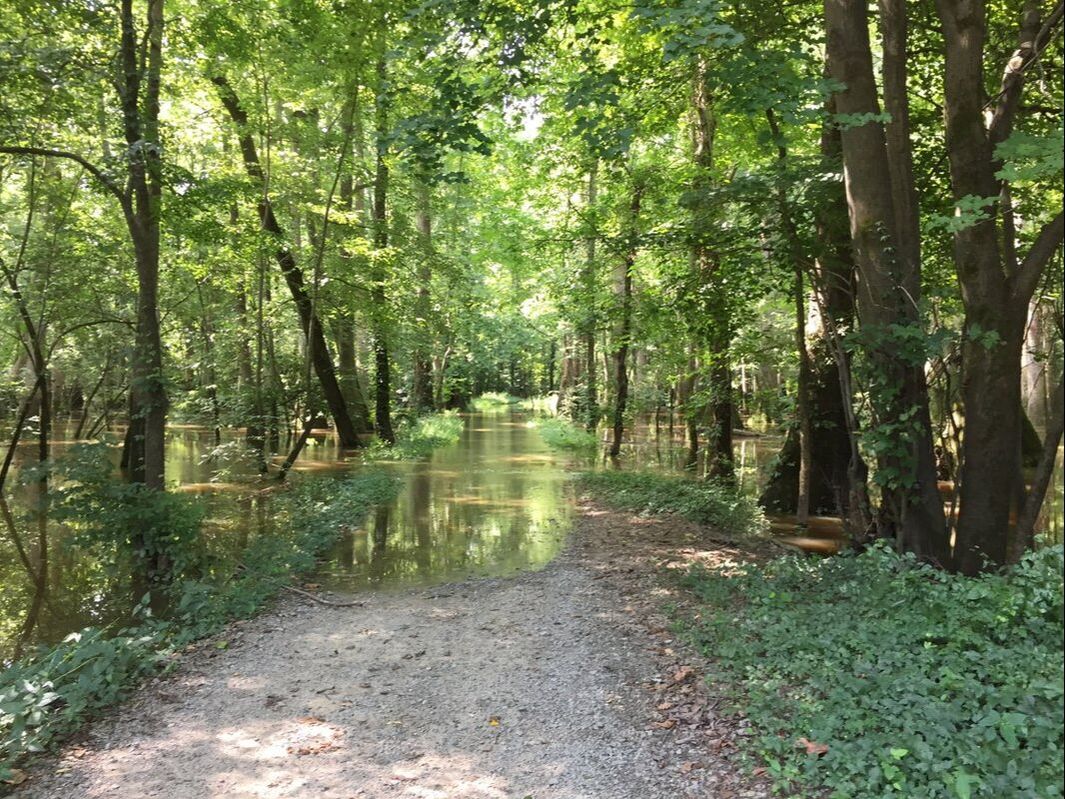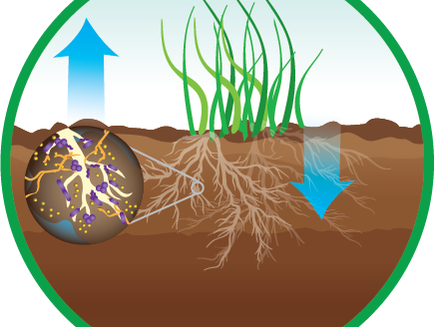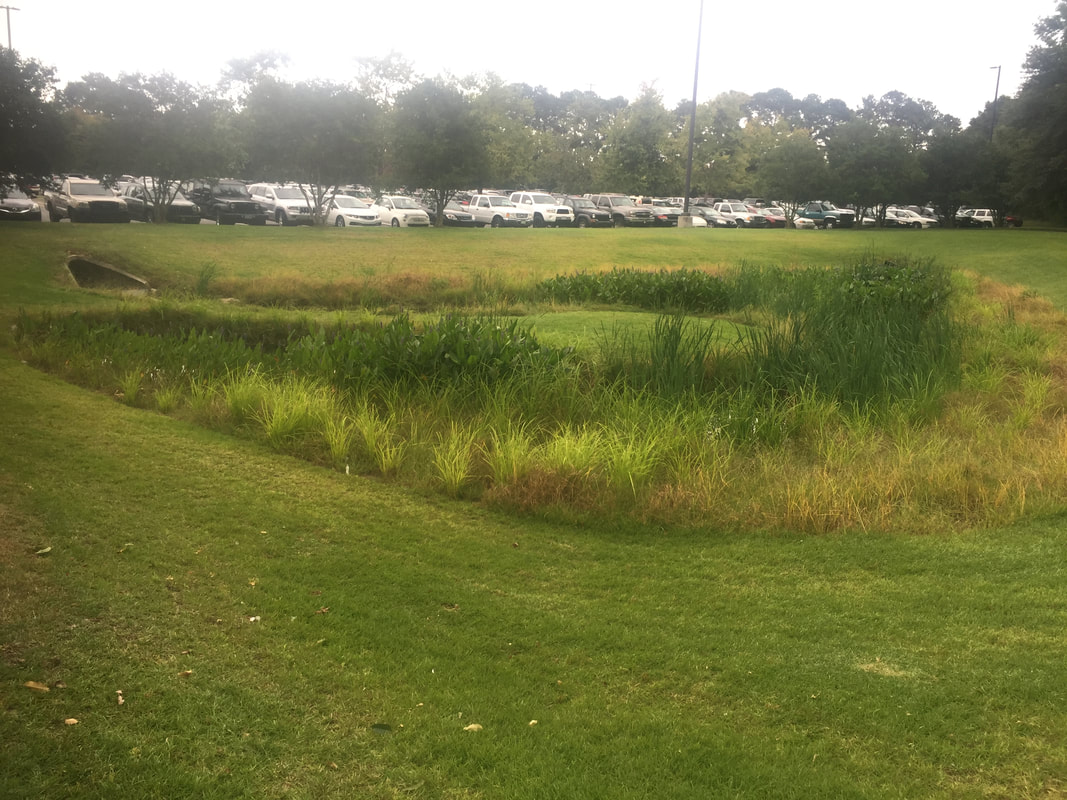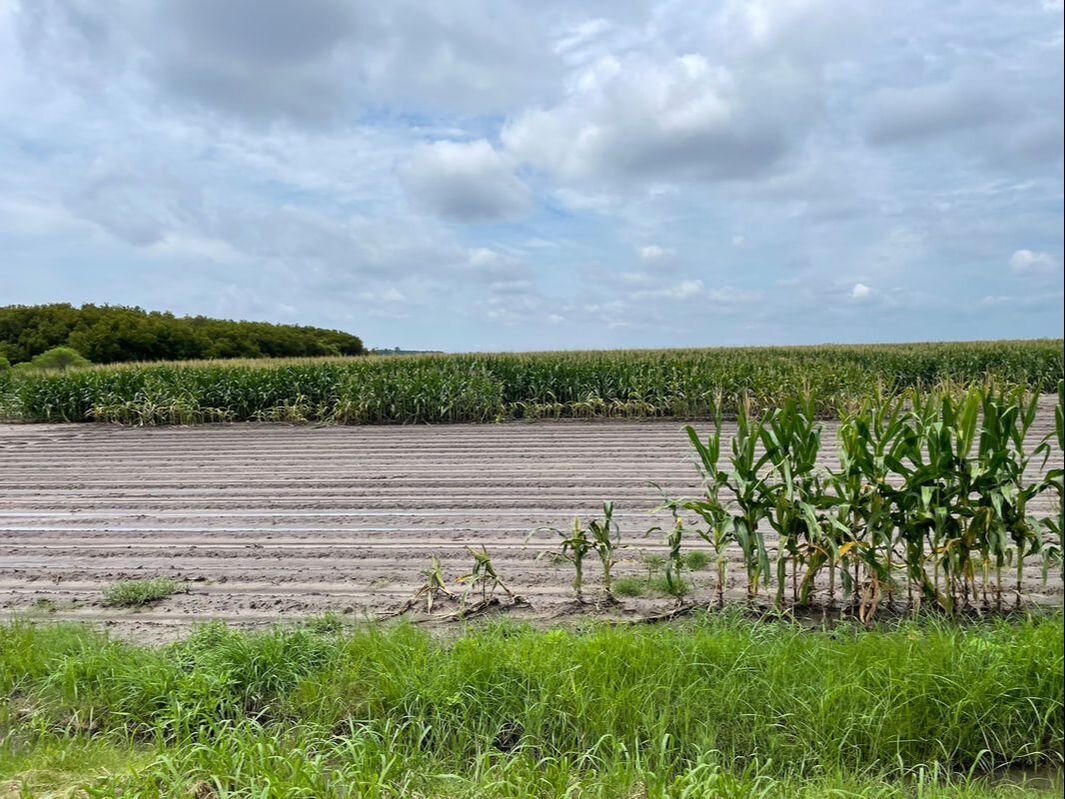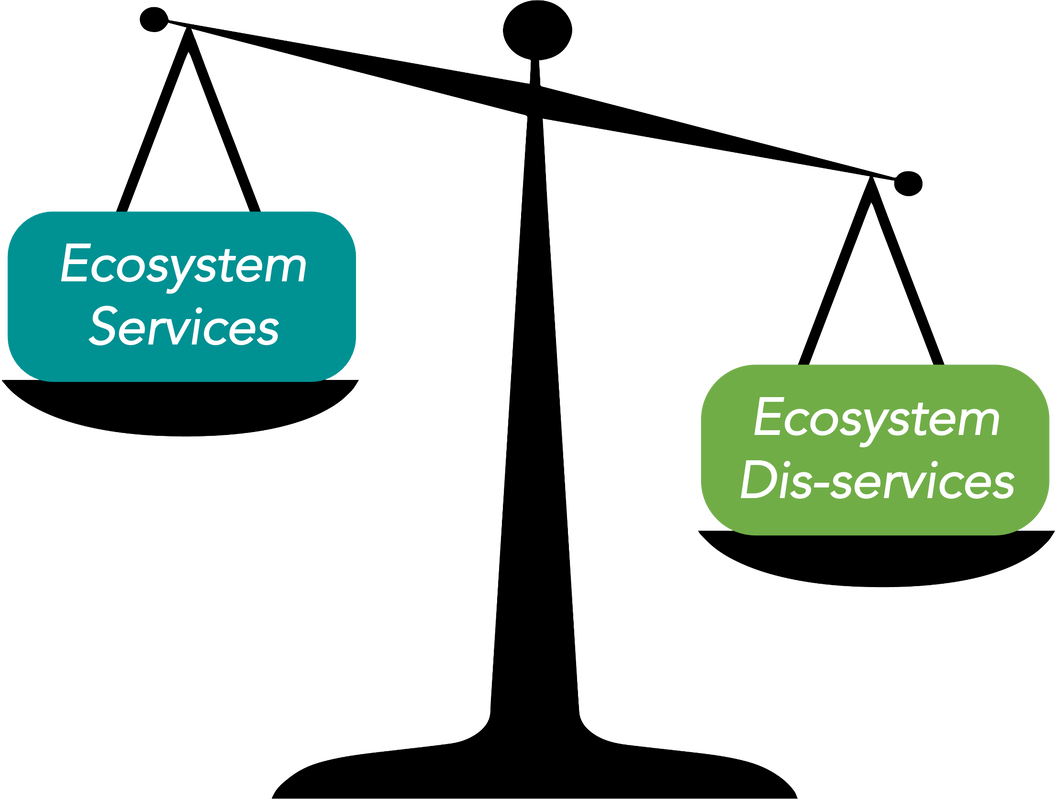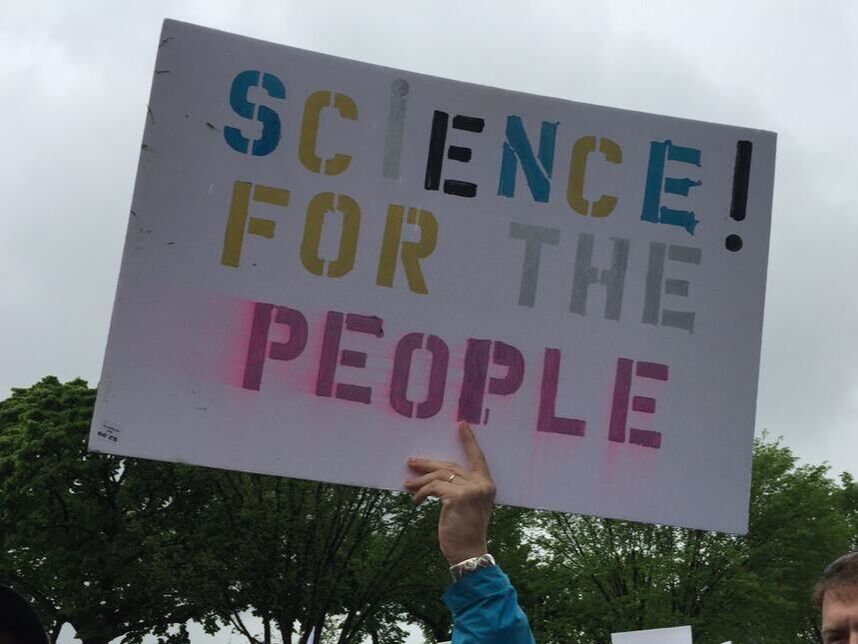Microbial-Climate Change Feedbacks in
Coupled Human and Natural Systems
Microbial Responses to Environmental Gradients
We study the response of microbial community structure and function across long-term nutrient gradients in terrestrial and aquatic systems. At coastal field sites, we also examine interaction of nutrient, carbon, and salinity gradients on microbial community structure and function. We use a combination of field observations, field and lab experiments, and modeling approaches to examine how microbial communities shift in composition and function (e.g., greenhouse gas production, nitrate removal, decomposition) under current and projected environmental stressors (e.g., drought, flooding, salinity).
salinization of freshwater ecosystemsSalinization effects on microbial community assembly and nutrient cycling functions
Enhancing wetland restoration using a microbial management approach
|
nutrient feedbacks on carbon cyclingLong-term fertilization and disturbance interact to influence plant-microbe relationships at ECU's West Research Campus | Wetland EcoEx
CAREER: Microbial controls on wetland carbon stabilization and storage
(NSF DEB #1845845) Excellence in Research: Evaluating Environmental Stressor Effects on Soil Bacterial Traits (NSF DEB #2302609) |
microbial response to resource diversityBiotic and engineered components of constructed wetlands interact to influence redox and carbon resources for microbes and a portfolio of ecosystem functions (biodiversity support, nitrogen removal, greenhouse gas production, flood control)
Crop diversity effects on plant-soil-microbial interactions |
